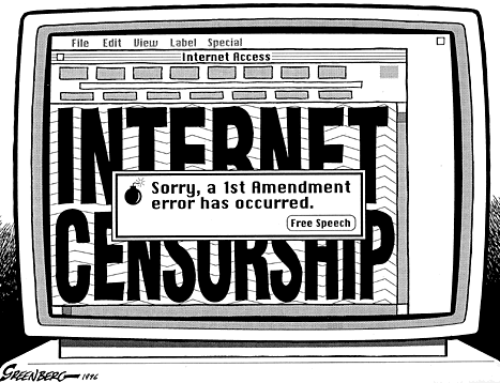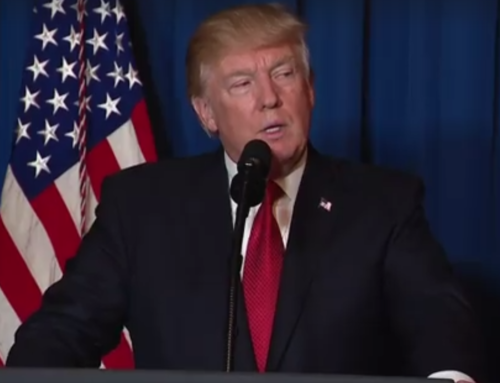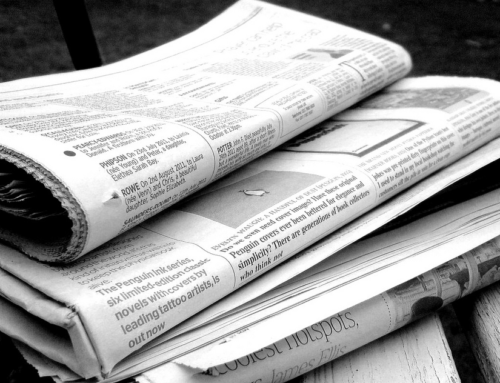I’ve been the wife of a combat veteran for the past 14 years. I met my husband back in 1994, just months after he was medically retired from the Army, and about two-and-a-half years after fighting in the first Gulf War. Just mere minutes into our first conversation where we met at a health club, he looked me straight in the eye and told me he was a disabled vet.
I remember nodding my head politely as I tried not to betray surprise at that admission. He wasn’t in a wheelchair—he was working out, in fact—and he was very friendly and well spoken, i.e., no sign of “shell shock.” I detected no disability—physical or psychological.
After 21 years with the love of my life, I am fully aware of the wounds he suffered and continues to endure. The scars have formed, the nightmares are less vivid, but the injuries are, and continue to be, pervasive.
His disabilities are getting worse and more difficult to tolerate as he gets older. He is no longer the 20-something with a body that could compensate for the structural damage he sustained while serving in the Army, and as a soldier in Operation Desert Storm.
His battle, as well as for thousands of others, didn’t end with an honorable discharge. They must take on a more insidious and life-long one: The Veteran’s Administration. Every appointment, every treatment, and every program ostensibly offered to veterans, must be fought for. It is a battle many of them do not have the energy or will to engage in. The VA is a Cold War barrier to peace, lest soldiers forget what got them there in the first place. It is terribly ironic and unjust.
Just think, our tax dollars are used to fund the very administration that keeps our warriors in combat mode.
I can’t speak for the legions figuratively held hostage by the VA, but I can speak for my husband. The last thing he wants to hear this day, on Veteran’s Day, is, “Thank you for your service.”
As a wife of a veteran, I will not communicate the platitude to my husband, “Be sure to thank him for his service for me, okay?” No, I won’t, because that sentiment completely misses its mark.
Regardless of politics and personal views, it cannot be denied: Our country’s soldiers fight for us in every war the United States participates in, if not declares. From the Revolutionary War to the present day wars, they are on the ground, in the skies, and in the trenches. They are sent to other parts of the world to defend those who’ve had their voices, their fundamental rights, violently taken from them. They’re also fighting to preserve and protect our Constitution. What is the first line of defense? The First Amendment.
What does that mean? Every time you speak or write, a soldier was responsible for defending your right to do so. We can protest the wars those soldiers fought and continue to fight; we can even call them disturbed, unhinged, or even “baby killers.” The irony is that the very people on the receiving end of those ad hominem attacks risked their lives to give us that privilege.
On the flipside, we also have the right to approach a veteran in wonderment and ask, “Wow, how many people have you killed?” Yes, many do just that. Sanctioned destruction is fascinating, and liberty makes it such that we don’t have to keep that opinion, our curiosity, to ourselves.
Our tax dollars pay for parades to honor them for their service. It is not money well spent. The message gets lost in the din of the crowds, the tickertape, and the cacophony of marching bands. Without that folderol and fanfare, we are silent.
As long as we have the military—and several branches of it— as long as we have people ready and willing to enlist, or in the absence of that, a draft, our Constitutional rights will be defended literally to the death.
If you see a veteran today, exercise your First Amendment rights and let your voice be heard. However, don’t thank them for their service. Thank them for your freedom.







Well said.